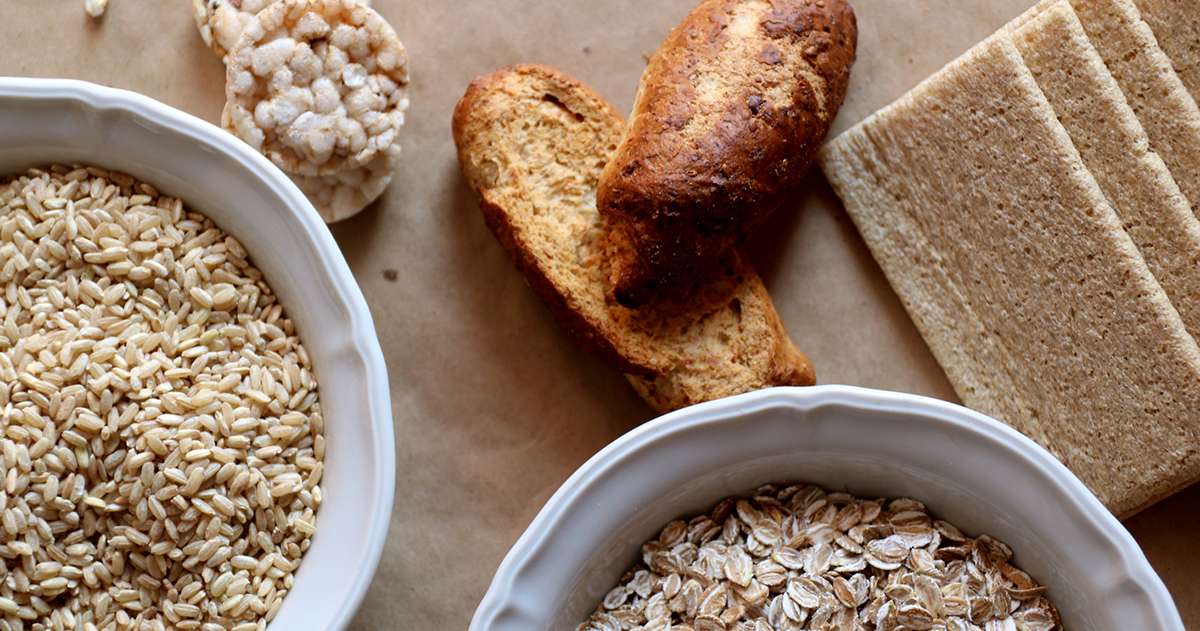Foods That Help Fight Brain Injuries
Following a brain injury, a healthy and well-balanced diet can be essential to a speedy recovery. It's well-known that nutrient and chemical deficiencies can disrupt brain function. Our brains require energy and nutrients for proper neurotransmitter levels, nerve function, and brain chemistry. Certain vitamins and minerals are more important than others when it comes to potentially reducing the consequences of a brain injury. The following are five important types of foods and nutrients that can improve recovery of neurons following a head injury.
Foods Containing Omega-3s

Several studies have found that foods containing omega-3s are especially therapeutic for recovering from a brain injury. Fish-derived omega-3s have been found to improve brain plasticity, cognitive, and neuron recovery after a traumatic brain injury. An essential form of omega-3 is DHA, which is crucial for brain function and structure and appears to reduce oxidative stress damage that can result from an injury.
In one specific study published in 2017, prolonged supplementation of fish oil after a brain injury was found to promote restorative processes in the brain, including the generation of microvessels and immature neurons, to improve cognitive recovery. Fish is the best source of omega-3 fatty acids, especially cold-water fish like tuna, salmon, herring, and sardines. Omega-3s can also be found in plant oils like canola oil, nuts, and seeds such as flaxseed, walnuts, chia seeds, and soybeans.
Antioxidant-Rich Foods

An antioxidant is a substance, like vitamin C, which inhibits a process in the cells called oxidation. Plant-based foods high in antioxidants can contain vitamins C and E, beta-carotene, selenium, manganese, flavonoids, polyphenols, and phenols, which are all natural antioxidants. Each type of antioxidant works differently, but together they fight free radicals in the body which causes oxidation that damages cells and genetic material. Free radicals are made by the body when it processes sunlight, food, and toxins like alcohol and pollution. Antioxidants work to stop free radicals from forming or breaking them down into harmless substances.
After a traumatic brain injury, secondary brain damage can occur due to inflammation and the increased release of free radicals that can lead to neuronal necrosis. While the body attempts to fight this damage, its natural defenses can be overwhelmed by the level of free radicals after an injury. Supplementing the body's defense mechanisms with antioxidants can reduce oxidative damage after the injury. Excellent sources of antioxidants include whole grains, nuts, seeds, berries, green leafy vegetables, tomatoes, citrus fruits, carrots, squash, onions, garlic, and seafood.
Foods High In Vitamins C & E

Vitamin E has shown promise in protecting brain neurons from free radicals that can reduce function. It's also been shown to have a positive effect on memory performance in seniors, which is another indicator of its ability to maintain proper neuron health. A major study published in 2010 proved that patients with a brain injury who took high doses of vitamin C over the course of a week experienced a dramatic reduction in perilesional brain edema or swelling. Patients who didn't take the vitamin showed signs of increased swelling.
Recent research also indicates that vitamin C combined with vitamin E may be even more beneficial. A second study found that patients taking vitamin E after a brain injury had a significantly lower in-hospital mortality rate and improved brain functioning scores when they were initially discharged, and at two and six-month check-ups. While taking vitamin E supplements is the best way to get a high dose of vitamin E to reduce brain inflammation, there are also many foods high in vitamin E that should be incorporated into a diet. Good sources of vitamin E include nuts, seeds, avocados, broccoli, squash, fruit, and dark leafy greens.
Whole Grain Foods

A healthy diet is more important after a traumatic brain injury than any other time. There is plenty of evidence that shows that a diet rich in whole grains can benefit brain health. Enriched, refined, and bleached flour simply passes through the intestines and into the bloodstream very quickly, spiking blood sugar and increasing blood pressure. Intact grains contain glucose as well as other nutritious parts of the grain like protein, fiber, and antioxidants.
The brain relies on glucose to function properly, which is found in grains and other fiber-rich complex starches like vegetables, fruit, and beans. Intact grains do not impact blood sugar and blood pressure like refined and bleached flour. Whole grain foods such as oatmeal, couscous, wild rice, air-popped popcorn, and quinoa can all form the basis of a brain-healthy diet.
Sources High In Protein

The brain can't heal without the proper nutrients. One of the most commonly overlooked is protein. Brain cells communicate with neurotransmitters; messengers made up of amino acids which are the building blocks of protein. The brain produces hundreds of neurotransmitters to maintain the brain, but it requires protein to do this. However, not all sources of high protein are equal.
Most people eat more protein than necessary but get it from sources that are also high in saturated fat such as beef. Lean protein is recommended after a brain injury from sources such as seafood, poultry, legumes, nuts, and dairy products. Some of these sources of protein are also high in other nutrients that fight the damage of a brain injury such as omega-3 fatty acids, and vitamin E. Common sources include eggs, low-fat cottage cheese, peanut butter, and white-fleshed fish like cod, halibut, tilapia, and pollock.
